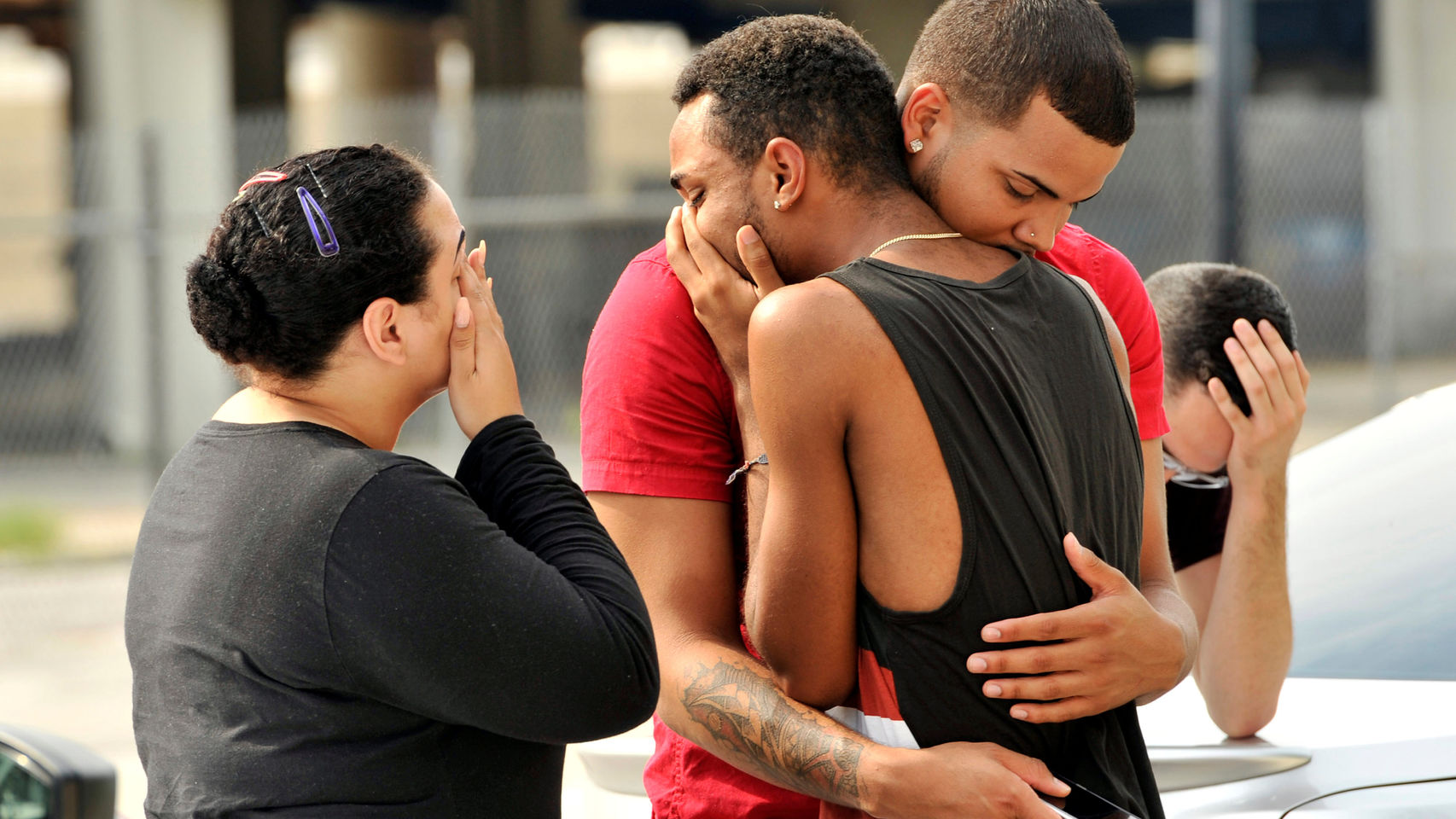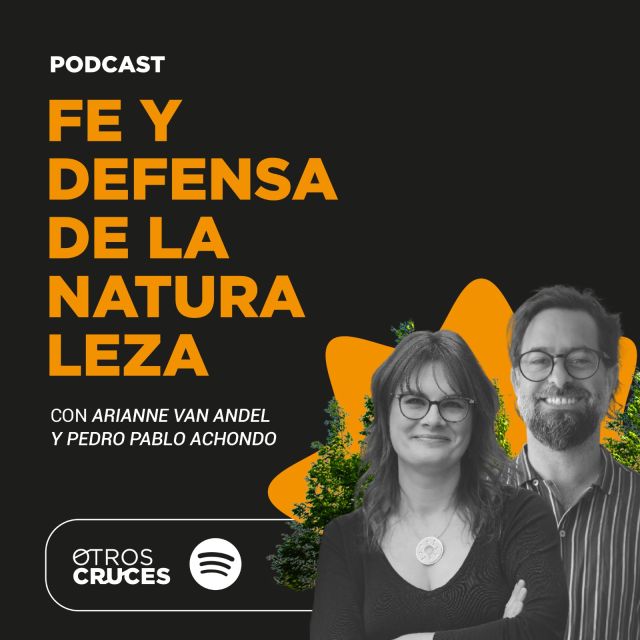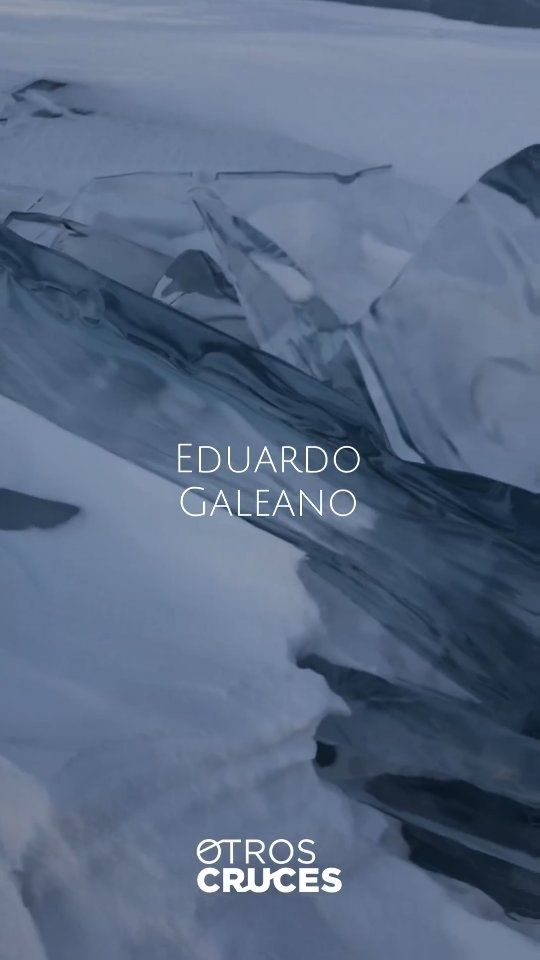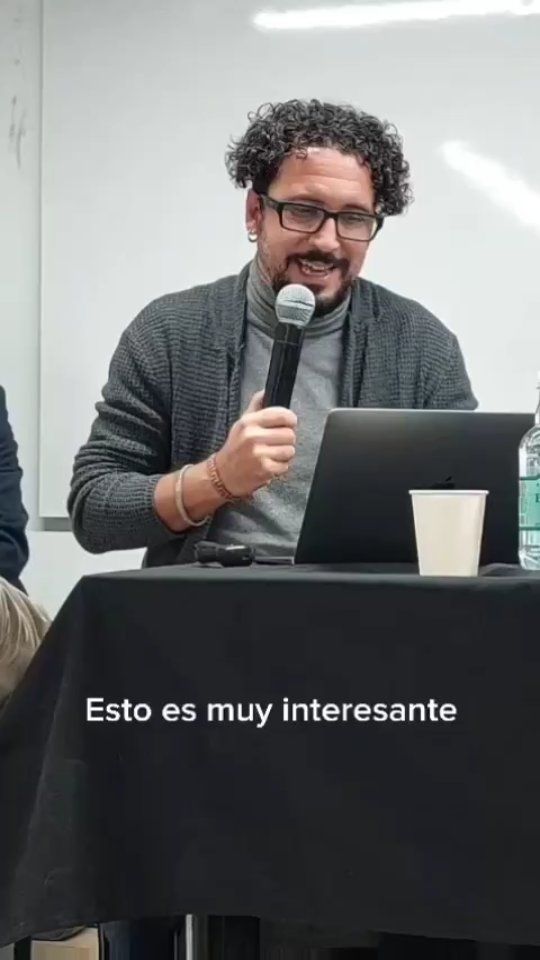By Hugo Córdova Quero
The slaughter that took place in Orlando, Florida at dawn on Sunday 12 June is a reprehensible, unfortunate and painful act. This event left 49 people dead and 53 injured. Carried in a gay night club called Pulse, most of the victims are of Latin American origin, many of them immigrants. It is known that Florida is one of the states that has more people of Latin American origin, along with Texas and California. According to the 2010 census, the majority of US Latina/o people trace their ethnic roots in Central America, Mexico, Puerto Rico, Cuba and South America. From a total population of 280 million people in the country, Latino people account for 35 million.
The sad killing of Orlando, however, is a conglomerate of multiple overlapping violences that are enhanced, invisibilized or co-opted according to the ideology of those who analyze the situation. Depending on the source one chooses to get informed one will receive the news filtered according to these biased views. There is no such a thing as independent or impartial press. Instead we have each person reporting from his/her own Blickpunkt, his/her place in the world, which carries ideologies learned and incorporated into the complex process of socialization and acculturation that each person undergoes when growing and getting trained for professional life. Aware of this situation, this paper does not attempt to be impartial or “aseptic.” On the contrary, it is a view among many trying to understand the various elements behind this tragedy. Let me outline some of the situations that according to my own understanding constitute the multiple violences that intersect in this event.
First, we have the ethnic violence that occurs to those who are not part of the dominant ethnic group. The origin of Latina/o communities in the US has different roots, from the annexation of territories obtained after Mexico’s defeat in the war with the United States between 1846-1848 —in which the Latina/o population remained in the territory but without the same rights of the Anglos— to the migration and the exile of thousands of people from Latin America. A reality in countries with a high percentage of immigrants is the banishment of these people into a secondary citizenship. That is, the hegemony of one country is always in the hands of an ethnic group that holds power and privileges implied within that power, which is independent of its number. That is, either the majority or the numerical minority, the dominant ethnic group will hold the power and privileges over the situation of those who are – accordingly – considered subalterns. There are minorities in power, for example, in the colonial powers that invade another people’s territory and subject its population. In the US case, the hegemonic majority is in the “white race,” an ethno-ideological construct that varies from place to place. That is, those who belong to the “white race” may not be labeled as such in other places, for the construction of whiteness is not biological or genetic but ideological. Its origin can be traced to the scientist Friedrich Blumenbach who in 1795 “created” the “Caucasian” race through a particular aesthetic conception: For him, the Caucasians were the most beautiful people in the world. This simple subjective concept became the basis for categorizing people according to their skin color to this day. Latina/o people in the US are daily aware of this situation. The people slaughtered in Orlando belong to an ethnic group that constantly suffers the violence of ethnic nationalism that considered them “less national” than the people of the “white race.” Furthermore, the one who perpetrated the massacre – Omar Mateen – is the son of Afghan immigrants, someone that Mass Media is referring to as “Americanized” and not just “American” —which would be the adjective applied to persons born in the territory— even when he was born in New York. Paradoxically although Latina/o people in general are not deemed “national” for many Caucasians, in view of this apparent “terrorist attack” – we shall return to this later – suddenly the victims of this slaughter embody the summit of “(north)americanness.”
Secondly, we have the social violence. It is a fact that in the modern world-system migrations are an “inexhaustible” source of cheap labor to meet the needs of the countries that receive them as migrants. Being immigrant or a descendant of immigrants involve many social, economic, cultural and linguistic traumas, among others. Latina/o communities in the US are not free from suffering the effects of these situations as well as their counterparts are in other countries, including Latin American countries such as Argentina or Brazil. Indeed, Latinoas/os in the US – along with the African-American communities – are the ones who most exemplify those situations. The disadvantages are noted in places where one is able to rent an apartment or a house with inferior services as well as the difficulties one undergoes in order to access certain jobs. If the “glass ceiling” exists for women as a barrier to reach a particular job position, to immigrants or their descendants there is a “white roof” so the “colored people” – this is how non-Caucasian people are referred to in US – often do not reach certain positions even if they are more qualified than those of the “white race.” Many scholars even speak of a segmented labor market in primary sectors – reserved for national [those from the hegemonic ethnic group] and secondary – reserved for foreigners [and people from subaltern ethnic groups] –. Remarkable as it is, we are not told where the people slaughtered at Orlando were located within the segmented job market, something that could be considered secondary fact for some.
Thirdly, we find violence related to homophobic, transphobic, lesbophobic and other social phobia against queer people. As in the previous case, this violence also occurs in other geographies, including Latin America. For example, the refusal of many countries to recognize sexual orientation or sexual diversity as part of Human Rights, stands for the degree of stinging that this issue generates in national and international policies. Unlike other countries where it was the National Congresses that guaranteed certain rights to queer individuals or communities, in the US it was the Supreme Court that had to intervene to remedy situations of injustice and violence against them. The fact that the slaughter was carried out in a gay disco also reveals the hatred that many people have towards queer people. The explanations of this hatred can be many, and even one of them may be the non-acceptance of a personal situation itself. We have read and heard in the media that Mateen’s ex-wife suspected he was gay while some survivors have identified him as a person who regularly frequented the night club. We can say with all the communities of the sexual diversity in the US and the rest of the world that this slaughter has borders of a “hate crime” but this would not be the only element that caused this situation. Focusing exclusively in one particular element would contribute for other violences overlapped in the event to remain invisible.
Fourth, we can speak of a geopolitical violence. Here we enter the sphere of international relations and the so-called “war on terror.” Again, African-American and Latina/o communities are well aware of this situation. The same Sunday, June 12 James Wesley Howell, from Jeffersonville, Indiana, was arrested when he was about to shoot and throw bombs on the Pride Parade in the city of Los Angeles, California. Because Howell is Caucasian he has not been prosecuted on terrorism charges. Here lies another edge that intersects the terrible episode of Orlando. When a Caucasian person in the US shoots others, usually the press dubs it as someone who is “mentally unbalanced.” On the contrary, when a “colored” person – a subaltern to hegemonic ethnic group – shoots against other people is automatically classified as “terrorist.” This is because of the intersection of two aspects that have to do with geopolitical and racial constructions. On the one hand, the subaltern in an industrialized society is always suspect because it disrupts the apparent homogeneity imagined and desired by the hegemonic ethnic group. On the other hand, the construction of otherness as a threat is transferred to those living outside the territory of the Nation-State. Because of this, the label of what is considered “terrorism” and what is not is actually determined based upon other criteria than the threat itself, as exemplified by the cataloging of Mateen in Orlando and the lack of cataloging of Howell in Los Angeles. Geopolitics constructs and demonizes otherness in a symbiotic act that objectifies and supports the “purity” and “kindness” of those who feel threatened by that otherness. Therefore, the lives of those who live within the borders of the hegemonic Nation-States in the modern world system are deemed “valuable” over those of the subaltern Nation-States who are considered “disposable.” That is why all too soon everyone – including the US President – hastened to name the victims of this slaughter as “Americans” and not as “Latinas/os.” If this slaughter had occurred in some subaltern Nation-State — where the daily killing of queer people is of tremendous magnitude — many media and social networks would not have hastened to say “We are all Orlando.” There is a colonial root embodied in a coloniality of power that is still exercised by the hegemonic countries, whose citizens can have their lives deemed as “valuable.”
Finally, in the fifth place, we have theo(ideo)logical violence. In the slaughter of Orlando we have theo(ideo)logical arguments justifying personal positions rather than argument having a basis on the biblical and theological traditions they claim to represent, as it is the case of the Westboro Baptist Church in Topeka, Kansas. Interestingly enough, Topeka along with Azusa Street in Los Angeles, California, are the places where we trace the origins of Pentecostalism in the early twentieth century, with its concern for social inequality and the welfare of the subaltern classes. However, Westboro Baptist Church – completely unaware of these historical contexts – has become notoriously famous for its continuous media appearances celebrating the death and damnation of different peoples: queers, military, Roman Catholics, Muslim, and Jewish. No shortage of arguments that demean this slaughter because of the sexual orientation of those who attended the night club, or who do so based on the ethnic or national status of those people. All of this is being legitimated from theo(ideo)logical positions that degrade and violate the daily lives of people and their deepest intimacy. While a country like the US has a secular character with its separation of Religion and State — in the multi-religious world we live in we no longer use the term “Church” because it represents Christians sectors — the reality is that religion – especially that represented by the Christian right both evangelical and Roman Catholic and their lobbies – have a tremendous influence in the socio-political life of that Nation. Religion surfaces when the slogan “God Bless America” is used, in the phrase “In God We Trust” placed on a dollar bill, or when people swear by putting her/his hand on sacred writings when a taking public office. All those are facts that attest that the separation between Religion and State is — at least — questionable. Thus, religion is the ideological basic substrate – which Ferdinand Braudel called “long durée” [long-term] – influencing every aspect of US society even though customs and events in everyday life change quickly. I talk about teo(ideo)logies in order to denounce and draw attention to the ideological character of these theologies with their biased reading of sacred texts and their exclusivists religious practices.
I believe and affirm that the slaughter of Orlando is not only condemnable but should absolutely not happen again. Nobody has the right to take the life of other being — and this implies also thinking about our responsibility in the destruction of other species on this planet. Concurrently, the mechanisms that allow this — such as the free sale of weapons fomented by the arms industry — should be dismantled. However, I believe that we will not do justice to the victims of this slaughter or their beloved ones if we continue obscuring the disadvantages that people in the modern world-system are facing in their everyday lives. The multiple violences that came together in this sad event are not a matter of taste and choice but constitute the webs of colonial power and inequality that shape the modern world-system. What the media want us to think is that one can choose one’s own oppression flag and delegitimize the oppressions of the Other/s. However, what the Orlando shooting reveals to us is that all these oppressive structures have joint in a geography where various injustices were merged into a catastrophic event. This geography is (re)played almost daily in other acts of violence(s): Cayucos where immigrants from Africa to Europe are perishing, the repression suffered by people exiled from countries in conflict, hunger of children in different parts of the world, death due to sexual orientation in the streets of cities all over the world, racial segregation through daily micro-violences perpetrated in the labor market and to the families of those who have migrated, among others. A tribute to those who lost their lives in this damnable slaughter would be to live and act so that every life is “valuable” regardless of our ingrained mechanisms of separation and exclusion.
* The author holds a PhD in Interdisciplinary Studies on Migration, Ethnicity and Religion (2009) and Master’s of Art in Systematic Theology and Critical Theories (Feminist, Postcolonial and Queer) (2003), both from the Graduate Theological Union (GTU) in Berkeley, California . He currently serves as Adjunct Faculty and Director of Online Education at Starr King School, GTU. He is a member of Grupo de Estudios Multidisciplinarios en Religión e Incidencia Pública (GEMRIP), Emerging Queer Asian/Pacific Islander Religion Scholars (EQARS) and Queer Migrations Research Network. His areas of expertise include religious studies, systematic theology and queer theologies, critical theories, ethnic, and migration studies.
Translated by Carlos Beltrán






